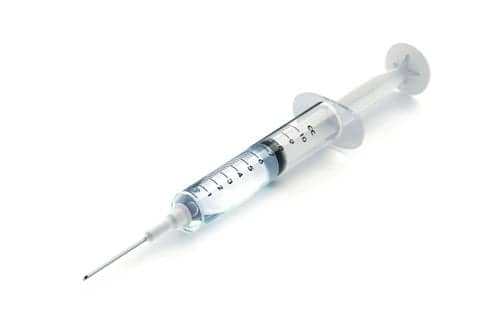Omalizumab (trade name Xolair by Genentech, Novartis) was “highly effective” for the management of severe allergic asthma, according to research published in Allergy and reported by HealthDay News.
University of Arizona researchers reviewed 24 real-life effectiveness studies, which accounted for 4,117 unique patients from 32 countries, HealthDay reports.
The researchers identified short- and long-term benefits of anti-immunoglobulin E therapy in terms of improving lung function; achieving asthma control; and reducing symptomatology, severe exacerbations, and associated work/school days lost.
In addition there were reductions in healthcare resource utilization, especially hospitalizations, hospital length of stay, and accident specialist or emergency department visits; reductions or discontinuation of other asthma medications; and improvement in quality of life.
The positive short- and long-term safety profiles for omalizumab were similar to those seen in randomized controlled trials. Patients should be monitored for treatment response at 16 weeks; those with positive response were highly likely to show sustained treatment response and improved outcomes.
“Omalizumab therapy is associated with signal improvements across the full objective and subjective burden of illness chain of severe allergic asthma,” the authors wrote. “Benefits of omalizumab may extend up to two to four years and the majority of omalizumab-treated patients may benefit for many years.”
The research arrives on the heels of another study of omalizumab published in November that found adding the drug to guideline-based care prior to the start of the school year reduced fall asthma exacerbation rates among inner-city children and adolescents, Healio reported.
The study analyzed 478 inner city children with asthma aged 6 to 17 years. Each was randomly assigned to omalizumab, placebo, or an inhaled corticosteroid boost.
According to results reported by Healio, 11.3% of participants in the omalizumab group had exacerbations compared with 21% of patients in the placebo group. However, there was no significant difference between the omalizumab and inhaled corticosteroid groups.










